Dear Poe-ettes, who were at the session last nite.
gee, i was a bit taken aback by the sorta’ chaotic tenor of the evening. perhaps others feel the same way. people were talking over each other, interrupting, etc. i could hardly keep my thoughts straight.
i certainly require greater concentration to hear what people are saying and i suppose others do as well. true?
i was appreciative of larry’s question re: my poem, what the philosophical context for it was/is. we rarely ask those kinds of questions—or perhaps we do and i miss them myself—but they require the person asked to reflect on the psychological context from which she or he is operating. everything i read, well, that kind of stuff is asked and answered all the time.
perhaps contributing to the non-sense last nite was that we did not have sheets in front of us to concentrate on, what we were listening to, what with the broken copy machine.
if i were serious about my poetry, if i might put it that way, i would want, for example, questions raised about the rhythm or tempo of my work, about the philosophical [ars poetica] constructs on which it is based, and how my choice of words is related to such constructs.
i do not find statements such i don’t like this or i do like that, without some construct to hold on to, very helpful. poetry in its own right is a lot more complex than a salad or ice cream flavor. it involves ultimately the body and soul of humankind.
there was some discussion of rules-no rules in poetry recently but one rule to be discussed might be the tempo of the verse we project/read and to what extent that rhythm is true to our soul.
but, if one has not paid much attention to that, i might imagine issues of rhythm would be regarded as non-essential. i use rhythm/tempo as just one example off the top of my head. and i am indeed quite willing to accept john cage’s definition of rhythm as anarchic.
for those with an interest in my poem last nite and wishing to see it on paper, i have attached it—farewell never farewell. it does raise a question about time once again, and the nature and quality of light that burns within each of us and the extent to which that light touches the common weal, that is, deals with constructs that are greater than the kind of picture-taking film we just purchased at the drug store—what i have recently described to someone as Facebook poetry or a poetic fetish.
as wallace stevens says ad infinitum, the imagination must be grounded in a reality in order to fly, shine, whatever the imagination does. well i throw this out because, if that grounding is weak, what can the imagination do, how much juice will it have to light up the world? thus, how do we see the imagination’s role in artistic endeavors such as in what we do, write poetry? stevens said the poet lends his or her imagination to the species.
and what is that ground, grounding, in which that imagination flourishes, or never gets off the ground as one alternative dysfunction?!?!
thus i have also attached a second poem dedicated to stéfane mallarmé, about such grounding, what he called the native land, what existed in us before the settlers of pleasantry showed up to colonize “the native” and thus mess with the experience, and consequent words, flowing from the source of us.
Mallarmé, whose work i love and have been reading over the past year, of which i have a wonderful translation if anyone is interested—the notes and commentary are outstanding. yet, if you would like a peek at who he is, i send this wikipedia URL http://en.wikipedia.org/wiki/Stéphane_Mallarmé
he and another symbolist, paul verlaine, are two poets worthy of a more than a peek and have many similarities that help with issues such as imagination and its role in the production of the written word through the symbolist heart.
the last poem i am sending is one i mentioned last nite, looking forward to winter. it does talk about how the disgruntled soul is sent to utopia’s room, the imagination, to find new grounding in which persistent troubles can be dissolved or at least given a context through which ease pain is eased and continuity fostered, personal continuity and that of the species—all species.
but maybe that is not the function of poetry for some; for me poetic consciousness is a palliative but more than that, maybe a touch of Keats’ Negative Capability, a being suspended in reality in which reaching for shore is seen as foolhardy. it is more that one is thankful to be in that gifted situation—cause for praise, no?
But if personality is a substance that prevails, as the poem the nature of native land says—it must otherwise we rather risk severe psychic disintegration—thus i like to stick a nail into reality, the air that is all about us and hang my plumage there.
it allows me to take a breather and fly anew. such is indeed the basis of economics, out of which our poetics emerges, thus the so many different poetic realities we hear every thursday we meet.
well, just a few notes re: poetry poets and poets to be.
La paz, amigas, amigos,
Dennis
Here we are...
...a group of Baby Boomers of sundry religious,
political and cultural orientations, who have been
meeting at the Voorheesville Public Library since 1991
to read and discuss each other's poems.
We include old fathers and young grandmothers,
artists and musicians, and run-of-the-mill eccentrics.
Writers are welcome to stop in and stay if they like us.
political and cultural orientations, who have been
meeting at the Voorheesville Public Library since 1991
to read and discuss each other's poems.
We include old fathers and young grandmothers,
artists and musicians, and run-of-the-mill eccentrics.
Writers are welcome to stop in and stay if they like us.
Some of Us

Dennis Sullivan, Beverly Osborne, Tom Corrado, Edie Abrams, Art Willis, Alan Casline (all seated); Paul Amidon, Mike Burke, Tim Verhaegen, Mark O'Brien, Barbara Vink, Philomena Moriarty
Friday, July 23, 2010
Subscribe to:
Post Comments (Atom)



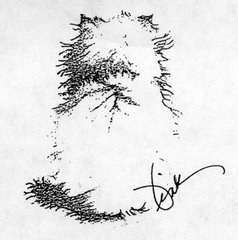








































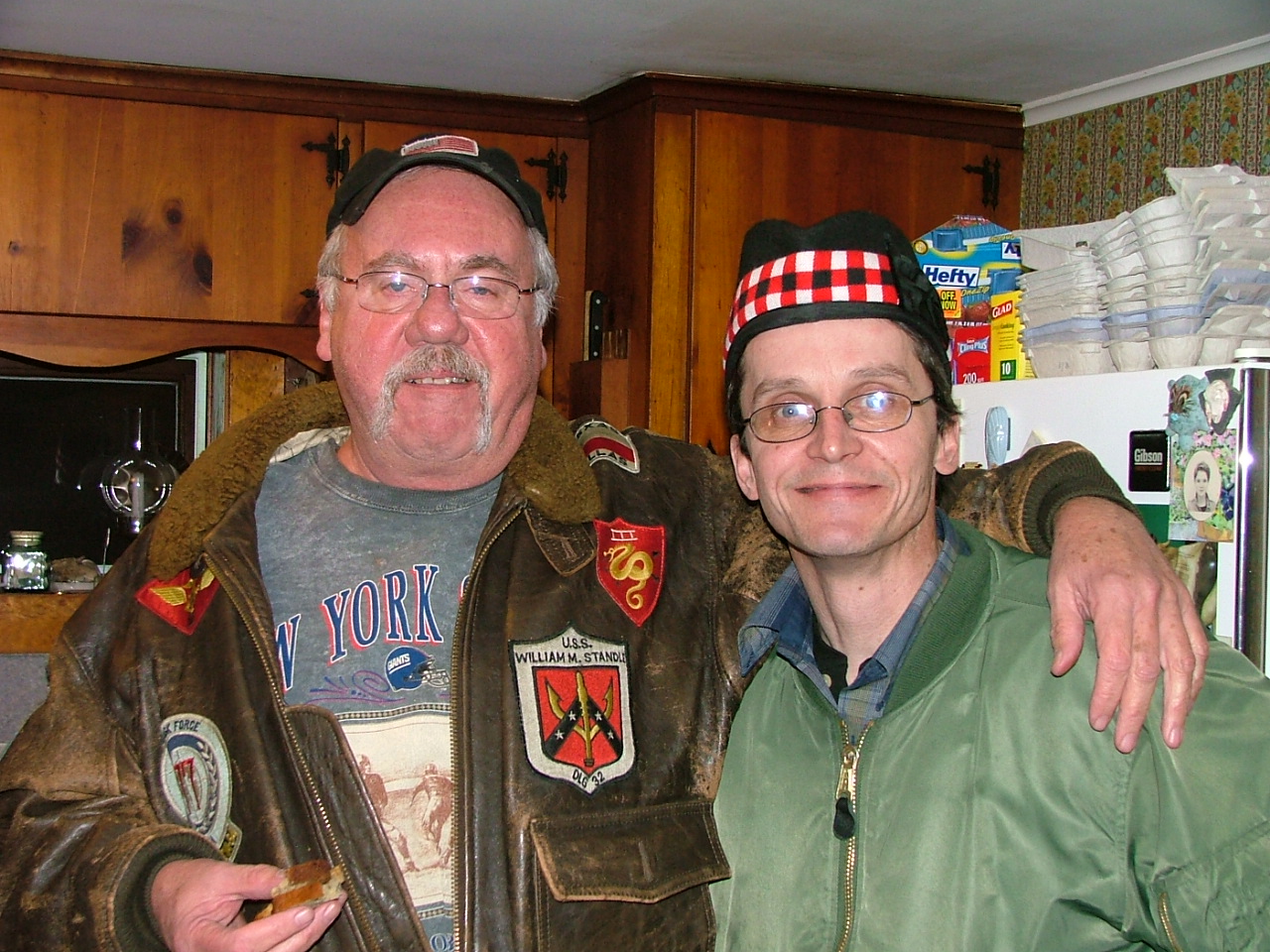
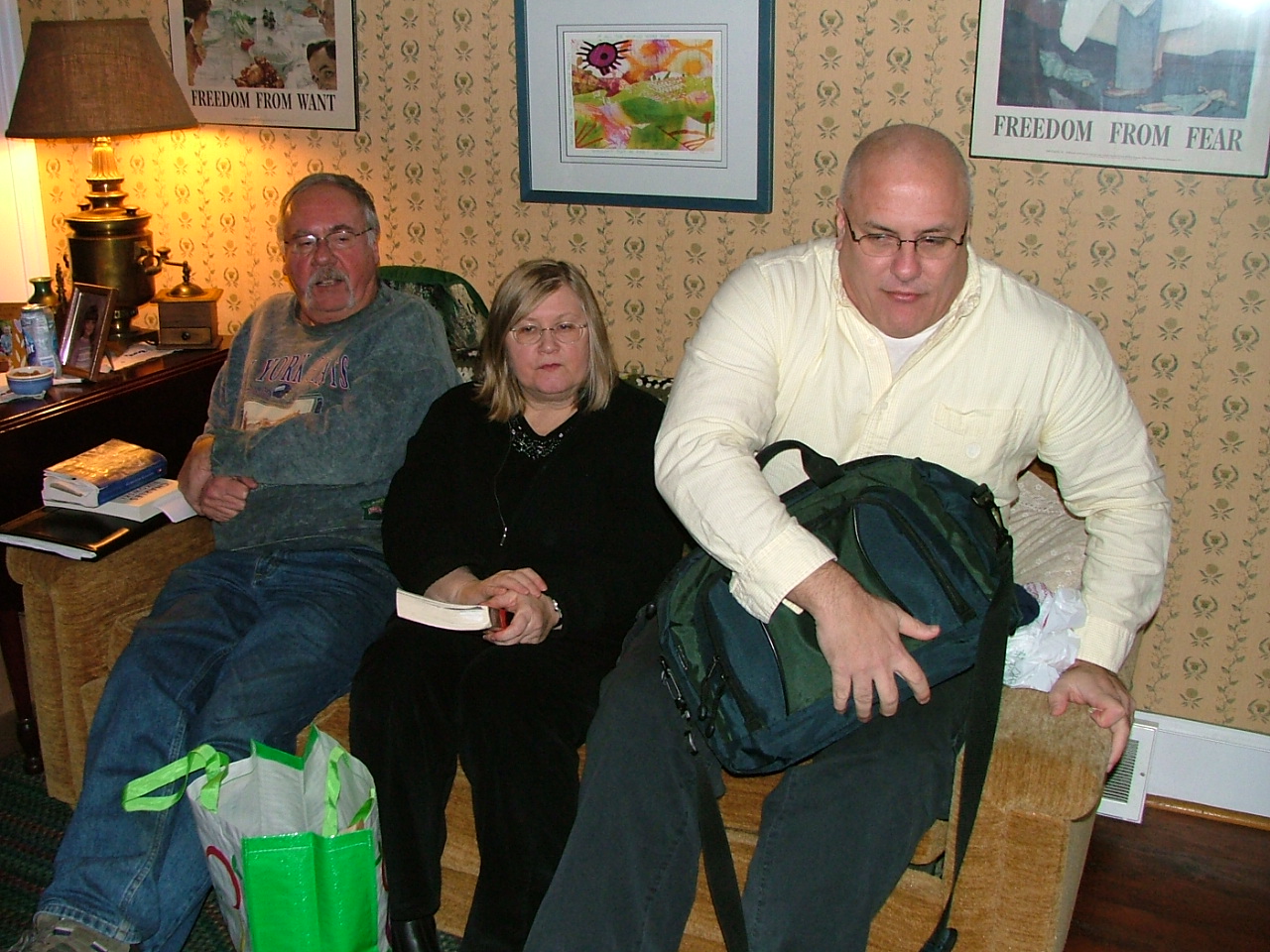
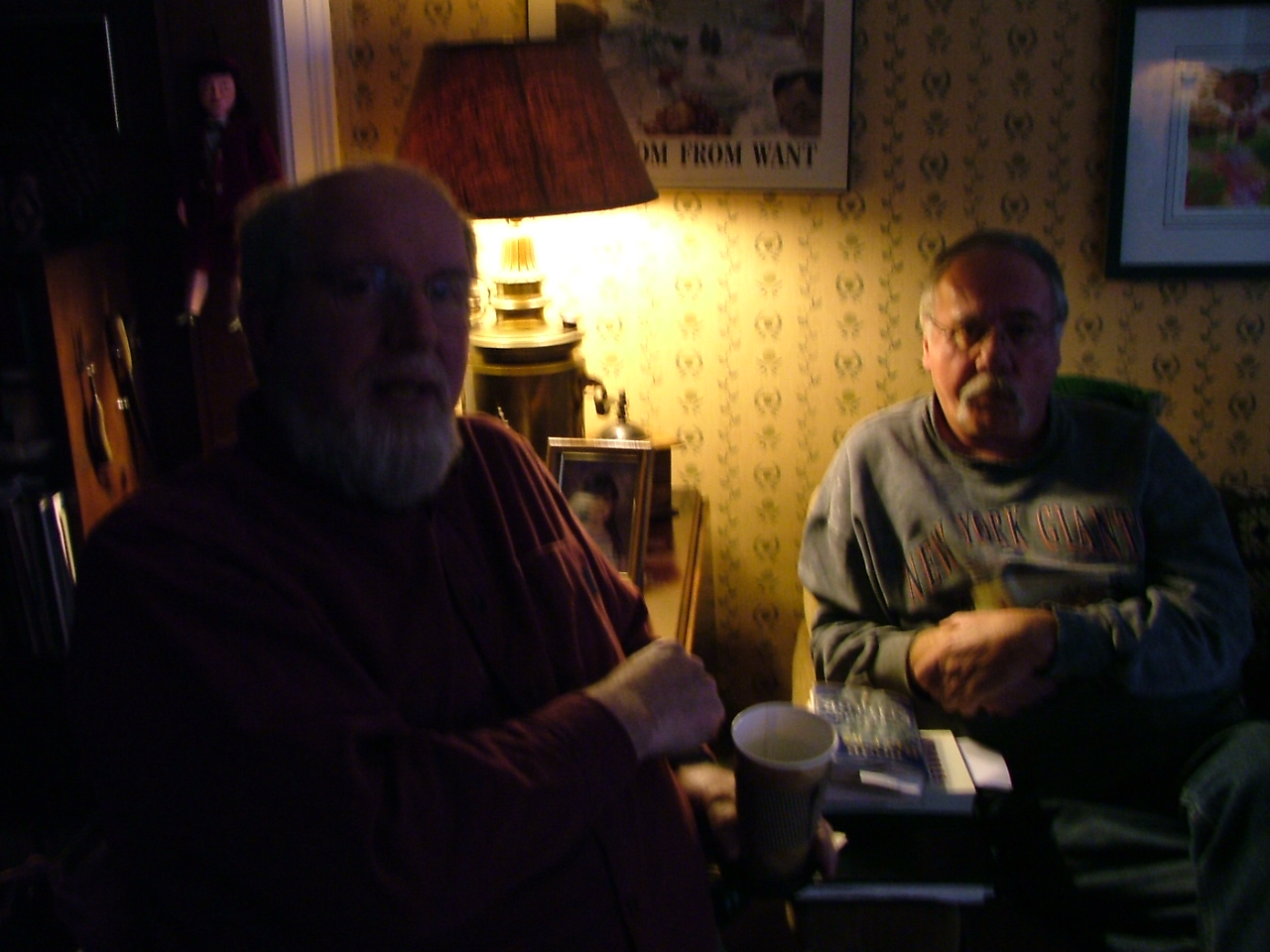
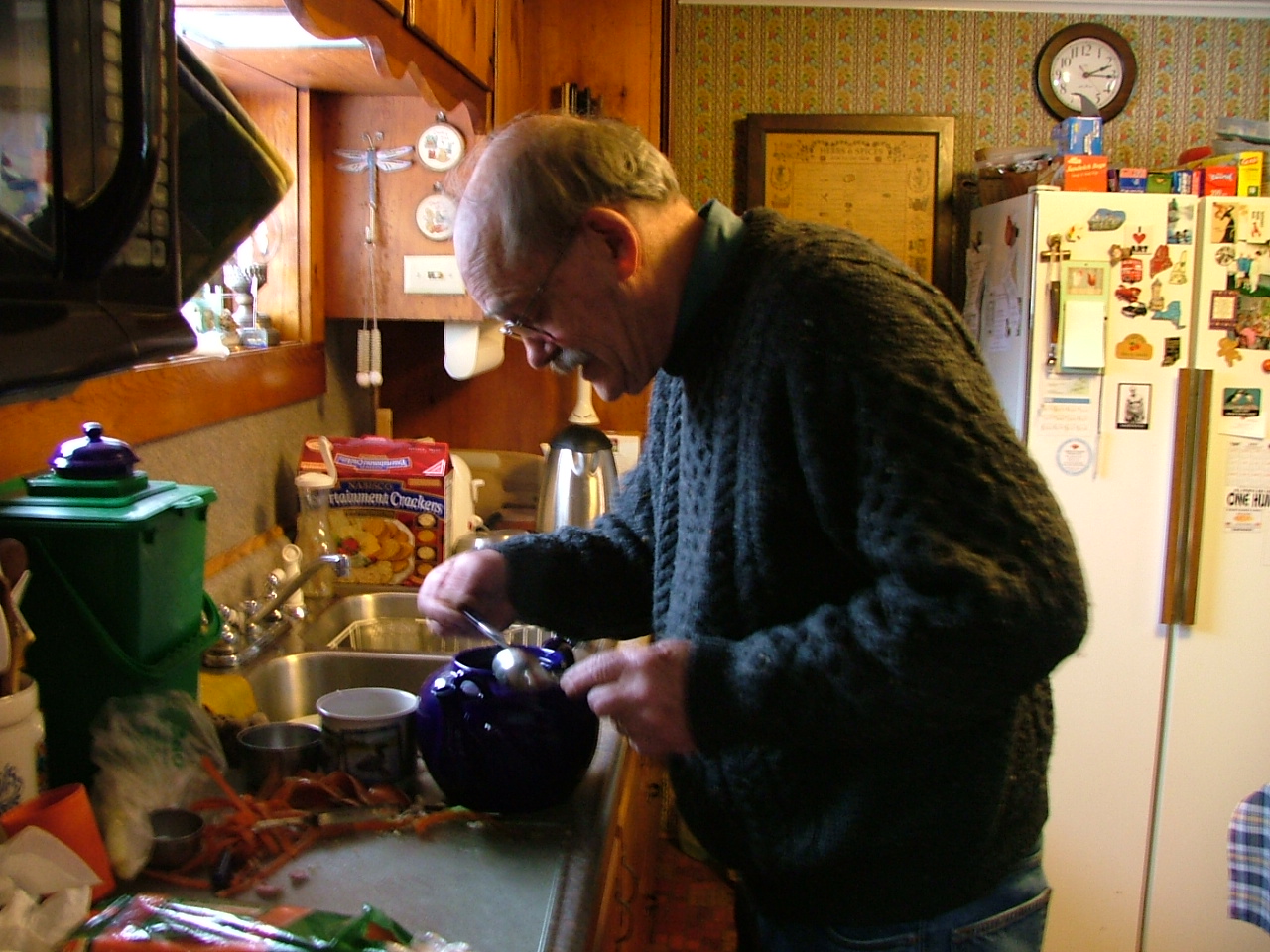
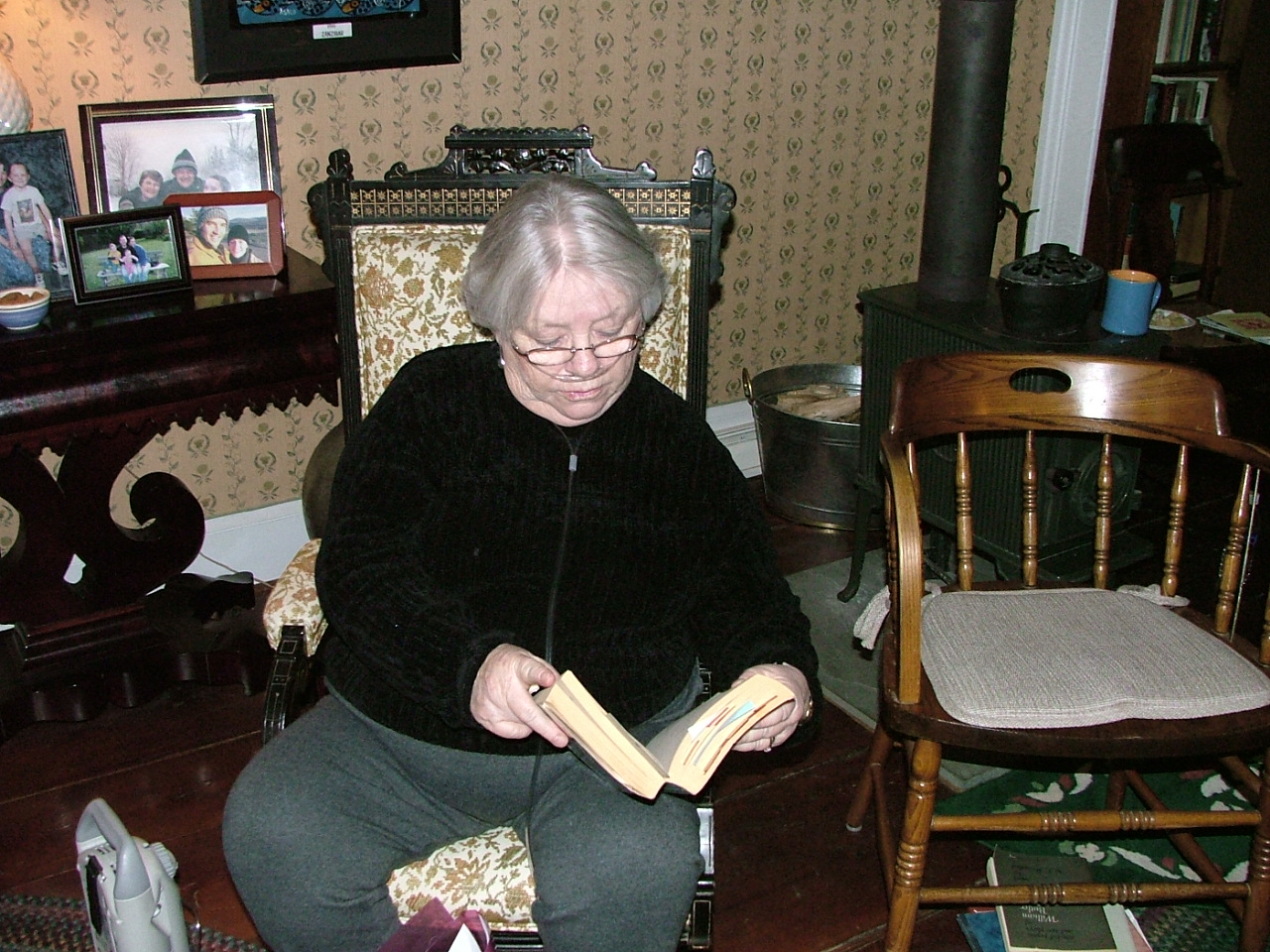
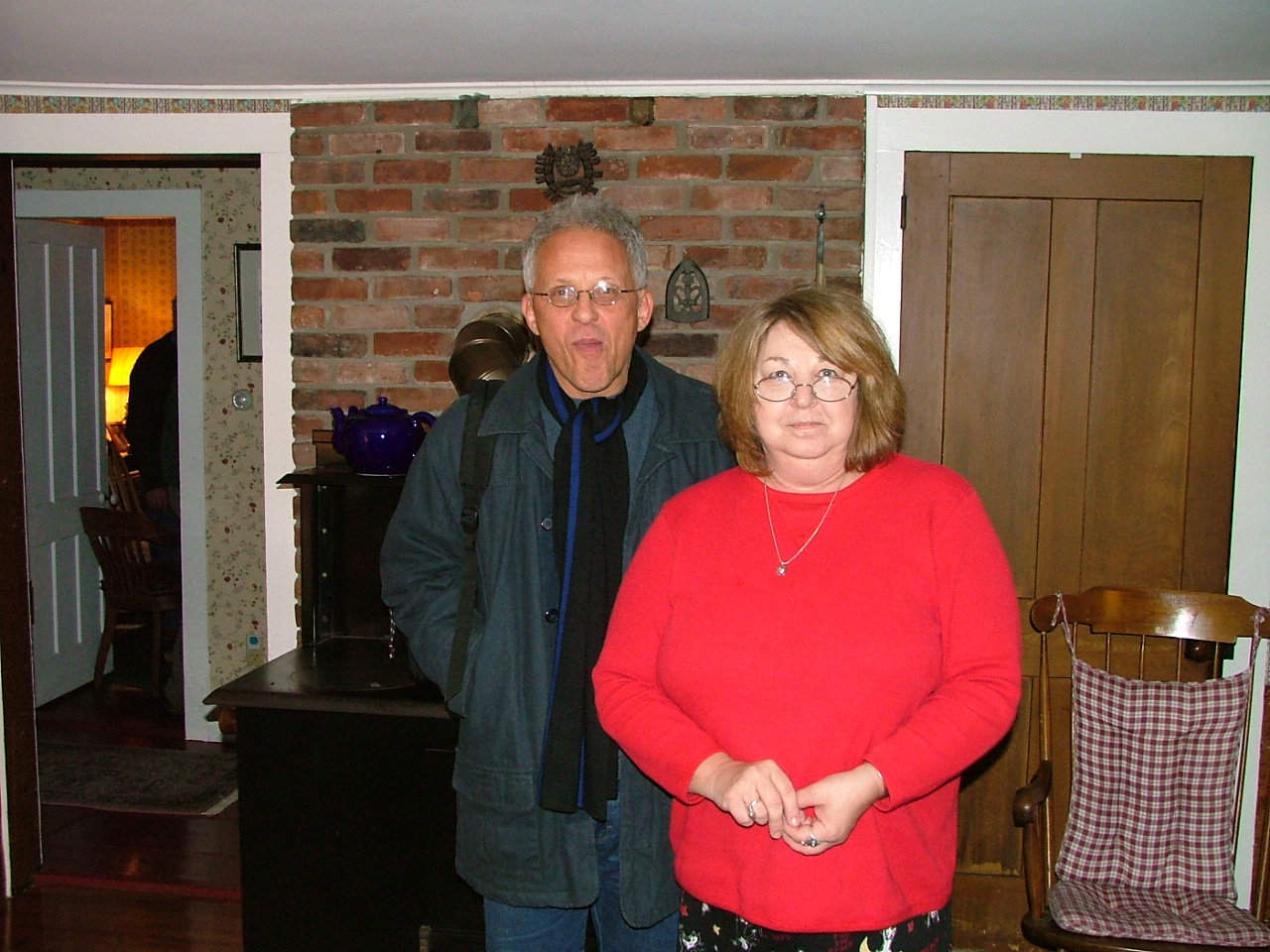
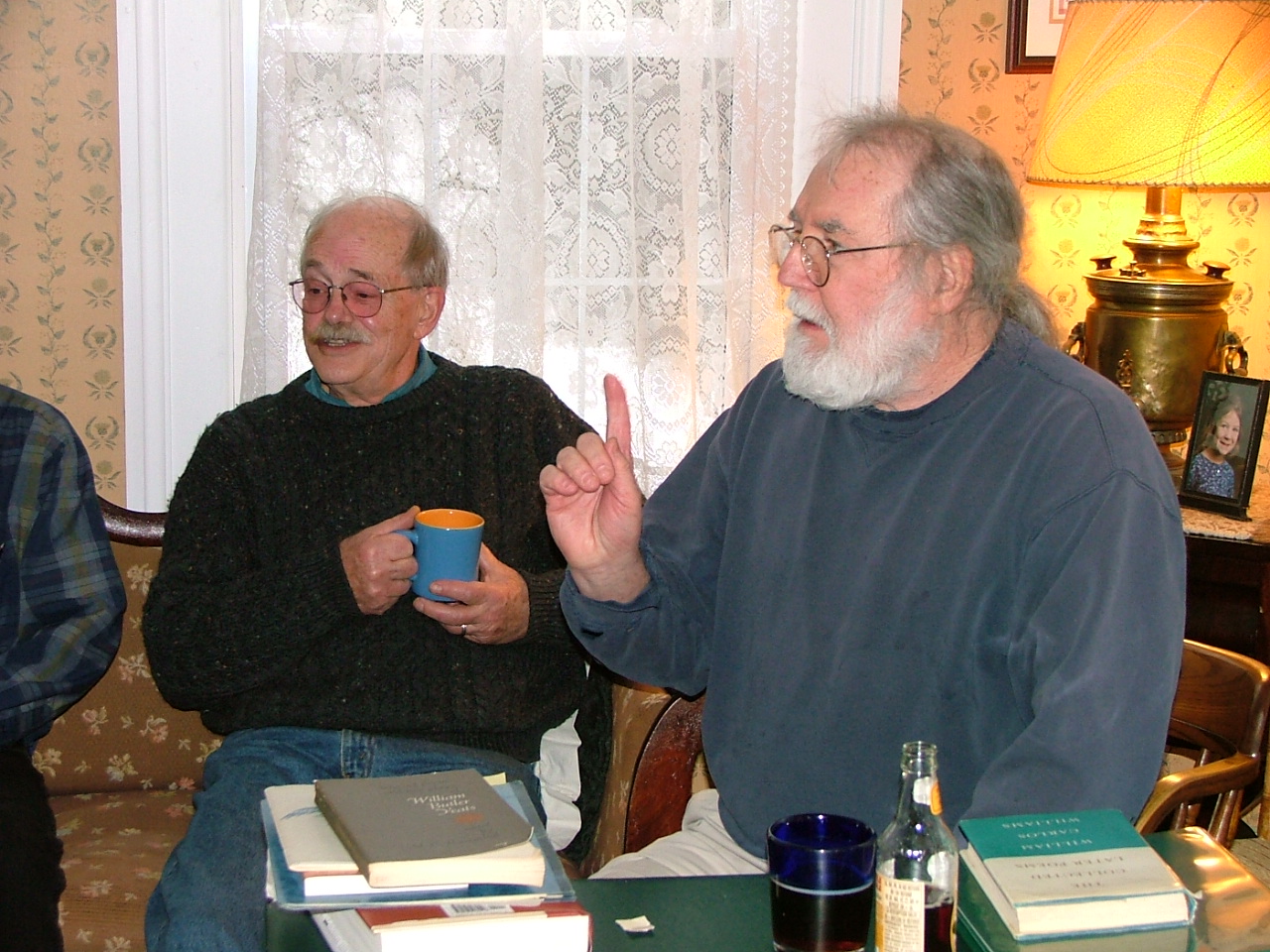
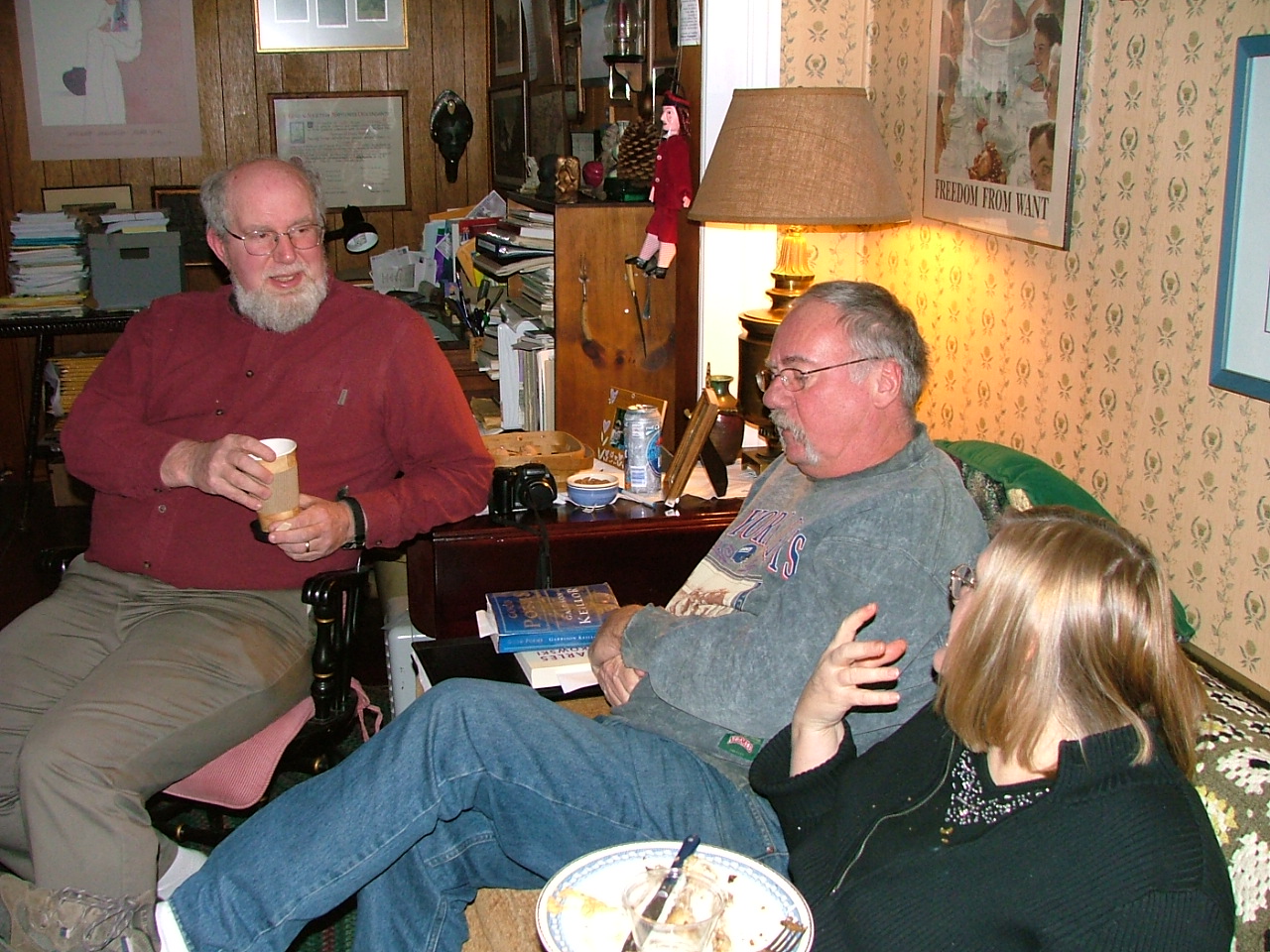
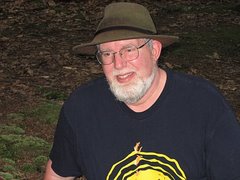
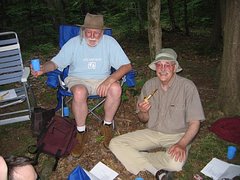
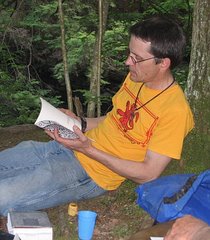
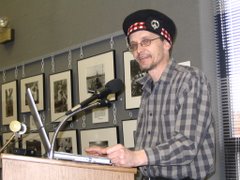

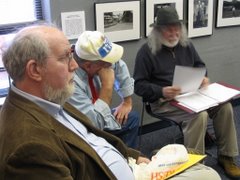
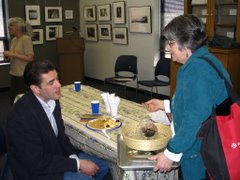


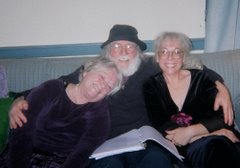
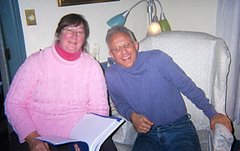
No comments:
Post a Comment